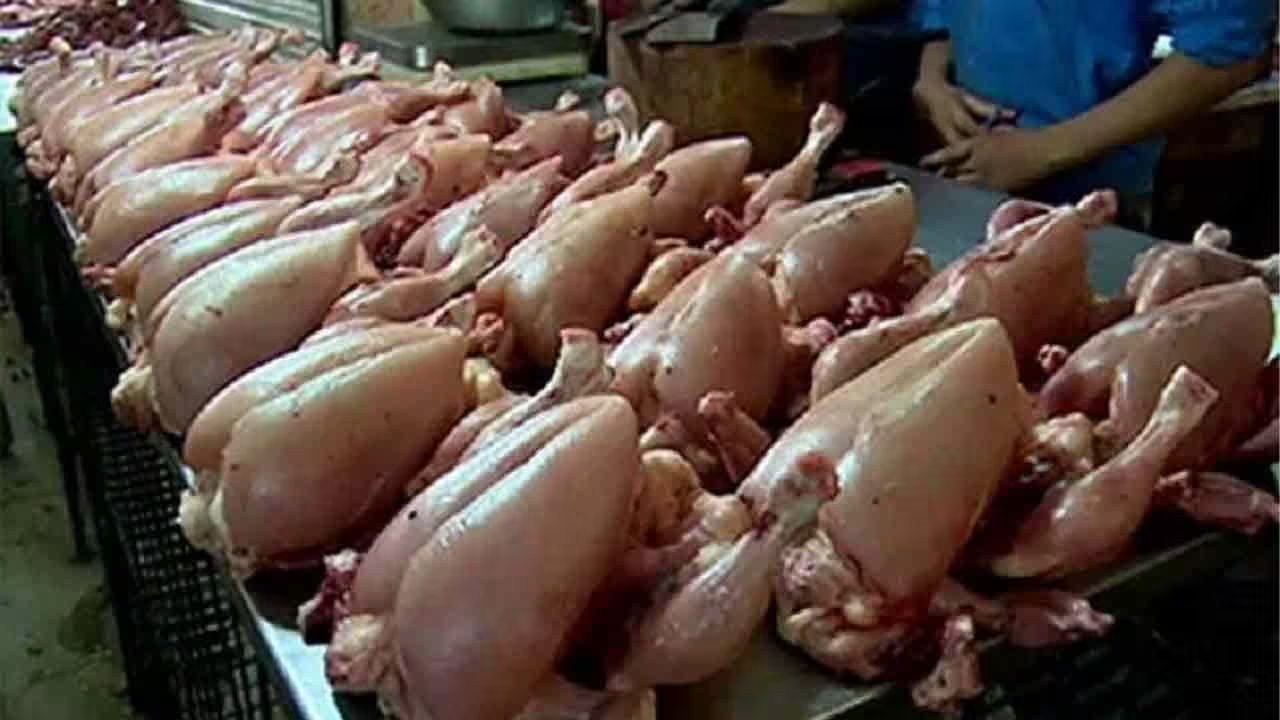The federal government has approved the National Wheat Policy 2025–26, a comprehensive framework designed to ensure fair prices for farmers, maintain adequate national reserves, and strengthen Pakistan’s food security. The decision was made during a high-level meeting chaired by Prime Minister Shehbaz Sharif, according to ARY News.
The meeting was attended by the chief ministers of Punjab, Sindh, Balochistan, and Gilgit-Baltistan, along with representatives from Khyber Pakhtunkhwa, the Prime Minister of Azad Jammu and Kashmir, and other key stakeholders.
Prime Minister Shehbaz Sharif highlighted that wheat is the cornerstone of Pakistan’s agriculture and a crucial source of livelihood for millions of farmers. “Pakistan is an agricultural country, and wheat holds vital national importance,” he said. “The government is making every possible effort for the welfare and prosperity of farmers — the backbone of our economy.”
The premier noted that the National Wheat Policy 2025–26 was developed through extensive consultations involving provincial governments, farmer organizations, and industry representatives. He emphasized that the policy reflects a national consensus, aiming to safeguard public interest while ensuring farmers receive fair profits.
PM Shehbaz directed relevant authorities to strengthen strategic wheat reserves to stabilize prices and secure consistent supply across the country, benefiting both producers and consumers. He praised the provinces for their collaboration in shaping the policy and expressed optimism that it would drive agricultural growth, improve farmers’ incomes, and reinforce national food security.
“Insha’Allah, this policy will promote agricultural progress and secure Pakistan’s food future,” the prime minister concluded.
Meanwhile, the Sindh government had earlier urged the federal authorities to announce a wheat support price, proposing Rs 4,200 per maund. Sindh’s Agriculture Minister Sardar Muhammad Bux Mahar stated that under IMF conditions, provinces cannot set the price independently without federal approval, adding that farmers have been under financial strain due to the delay in fixing the wheat support price.



